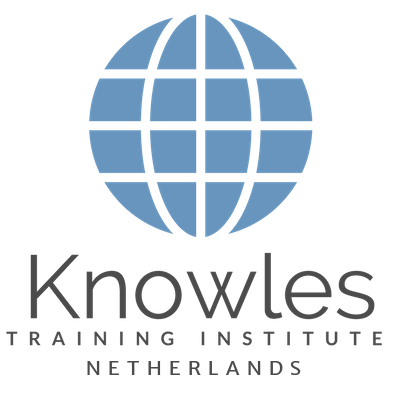Skip to content
Active RecallIntern1bksiuevej76kHhK2023-07-18T17:31:21+08:00
Active Recall
Unleashing the Power of Active Recall: The Key to Effective Learning and Knowledge Retention
- Active Recall and Retrieval Strength: Active recall strengthens retrieval strength. By actively practicing retrieving information from memory, learners increase the accessibility and speed of recall, improving their overall memory performance.
- Active Recall for Meaningful Learning: Active recall promotes meaningful learning. By actively engaging with the material and connecting it to real-life examples or personal experiences, learners create meaningful associations that enhance comprehension and retention.
- Active Recall and Overcoming Interference: Active recall helps overcome interference. By repeatedly retrieving information, learners disrupt interference from other competing memories, reducing the likelihood of forgetting and improving the accuracy of recall.
- Active Recall for Transferable Knowledge: Active recall enhances transferability of knowledge. By actively retrieving information and applying it to different contexts, learners develop a flexible understanding that can be transferred to new situations and problem-solving tasks.
- Active Recall and Long-Term Memory Formation: Active recall facilitates long-term memory formation. By engaging in repeated retrieval practice over time, learners strengthen memory traces, promoting more durable and stable memories.
- Active Recall and Spontaneous Retrieval: Active recall increases spontaneous retrieval. By practicing retrieval of information, learners improve the accessibility of that information in everyday situations, allowing for quick and effortless recall when needed.
- Active Recall and Exam Performance: Active recall improves exam performance. By actively practicing retrieval in a format similar to the exam, learners enhance their ability to recall information under test conditions, leading to better performance.
- Active Recall and Deep Learning: Active recall promotes deep learning. By actively retrieving information and engaging in critical thinking and analysis, learners develop a deeper understanding of the material beyond surface-level memorization.
- Active Recall for Efficient Learning: Active recall maximizes learning efficiency. By focusing on actively retrieving information instead of passively reviewing, learners optimize their study time and make the most of their learning sessions.
- Active Recall and Metacognitive Reflection: Note-taking abilities are improved by active recollection. By reflecting on the process of retrieval and evaluating the accuracy of recall, learners develop metacognitive awareness, improving their self-regulation and study strategies.
Page load link


